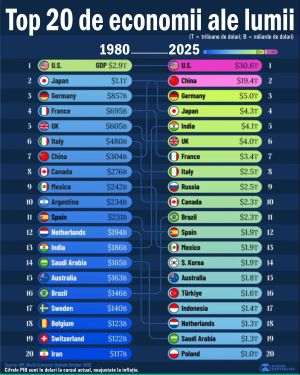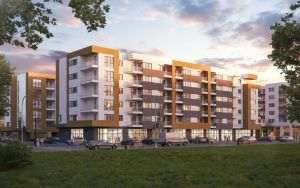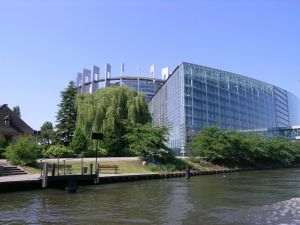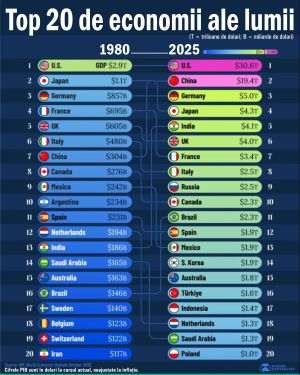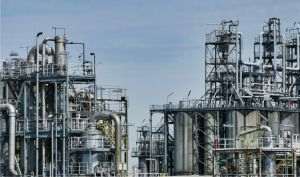The General Council of the Municipality of Bucharest decided on Friday to increase local taxes by 10.4% (the inflation rate for 2023) and increase other taxes for the residents of the Capital. According to the new regulations, hybrid means of transport will benefit from a 95% tax reduction. The 10% bonus for the early payment, until March 31, of the tax on buildings, land or means of transport is also maintained. This area of encouragement for taxpayers to pay their tax obligations earlier.
The specialized report that accompanied the draft decision approved by the General Council invokes the provisions of Article 491 of Law No. 227/2015 on the Fiscal Code, which establishes that local taxes and fees must be indexed annually, taking into account the inflation rate of the previous fiscal year. The Ministry of Development reported that the inflation rate for 2023 was 10.4%.
During the same meeting on Friday, the general councilors also approved the modernization of the public lighting system on 658 streets in seven areas of Bucharest, a project worth almost 60 million lei, financed through a national program to support energy efficiency. The City Hall's co-financing will be 147,728 lei.
According to another approved project, hybrid cars will continue to benefit from free parking in general utility parking lots, as part of efforts to reduce carbon dioxide emissions and improve air quality.
The general councilors also decided that next year the capital's tourist tax will remain at 2% of the accommodation rate per day/stay, excluding VAT. The funds collected will be used to strengthen Bucharest's tourist brand, develop a tourism marketing strategy and organize events to attract a greater number of visitors.
In Friday's meeting, the General Council decided to delegate the activities of deratization, disinfection and disinfestation to the Municipal Sanitation Company for a period of five years. The costs of the program for 2025 are estimated at 29.2 million lei. The changes include reducing the number of disinfections, given the end of the pandemic, but also expanding disinfestation in the water and sewer networks.

